Your cart is empty.
SUBTOTAL
£0.00

Champagne, canapes and sparklers are all New Year’s Eve essentials. But in other parts of the world, so are food items such as grapes and soba noodles. As the new year arrives, different countries have quirky traditions involving food, all of which are meant to bring prosperity and good luck for the year ahead. From El Salvador to South Korea, let’s travel around the world for some good fortune this new year.
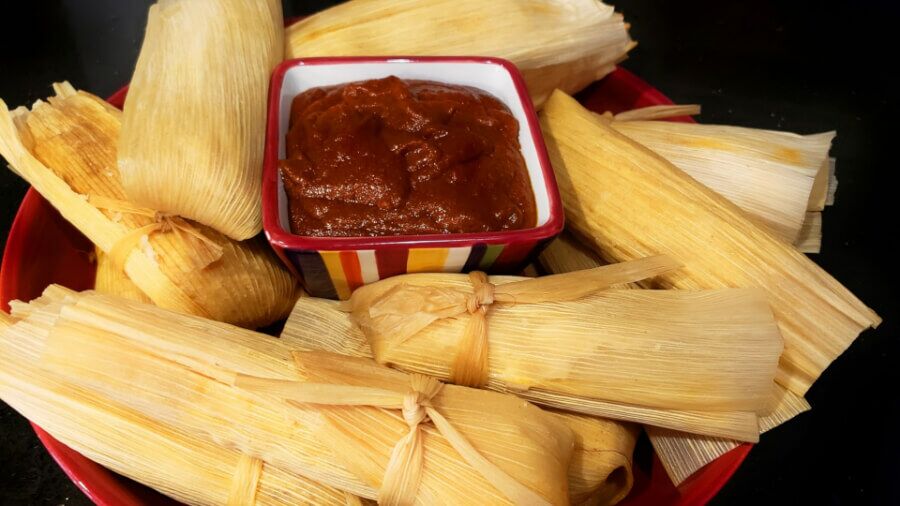
Tamales are corn dough stuffed with meat, cheese and beans, wrapped in corn husks and steamed. They’re eaten at every special occasion in Mexico, but they’re especially popular around Christmas and New Year’s. Generations of families gather to make this labour-intensive food, and as a result, tamales have come to symbolise family. On New Year’s, they’re often served with menudo, a tripe and hominy soup.
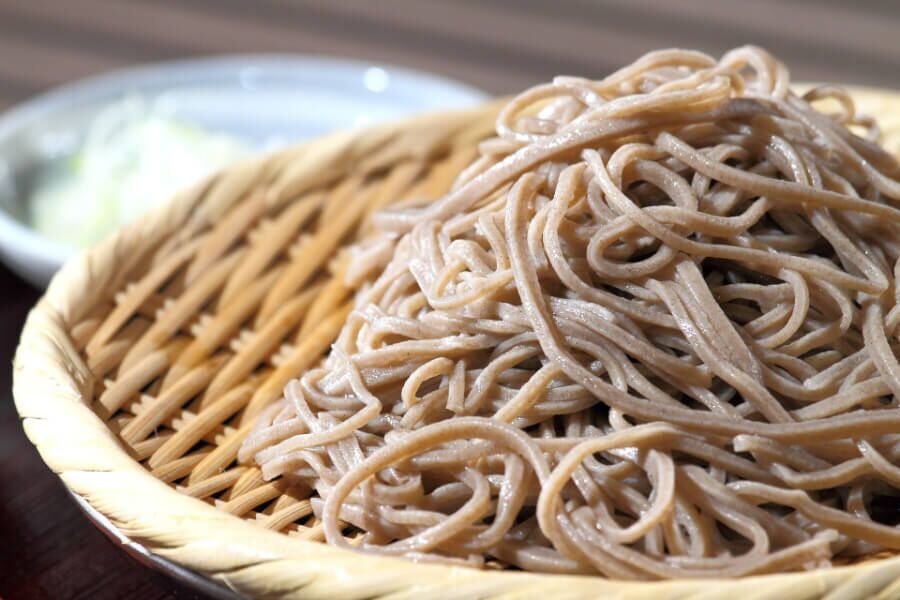
At midnight on New Year’s Eve, families in Japanese households eat soba noodles to say goodbye to the past year and welcome the new one. This tradition dates back to the 13th or 14th century, and the long, thin buckwheat noodles symbolise a long and healthy life.
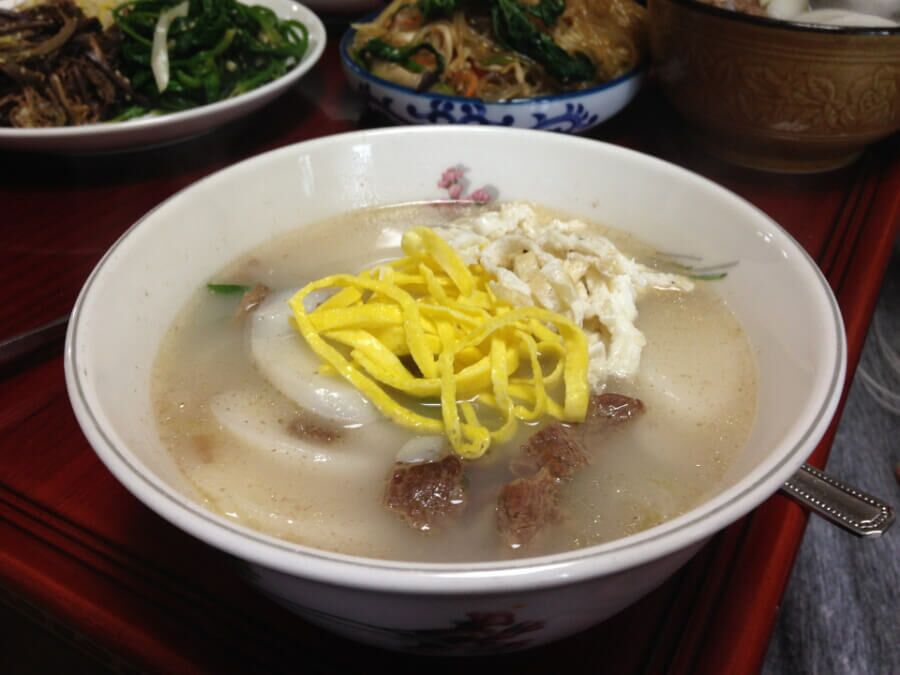
Tteokguk is a sliced rice cake soup topped with eggs, roasted seaweed and spring onions. It’s eaten in South Korea on Korean New Year’s Day, and is believed to give good luck to those who eat it. Without eating this delicious soup, you aren’t considered a year older, as Koreans regard themselves to grow older at New Year’s rather than on their birthdays.
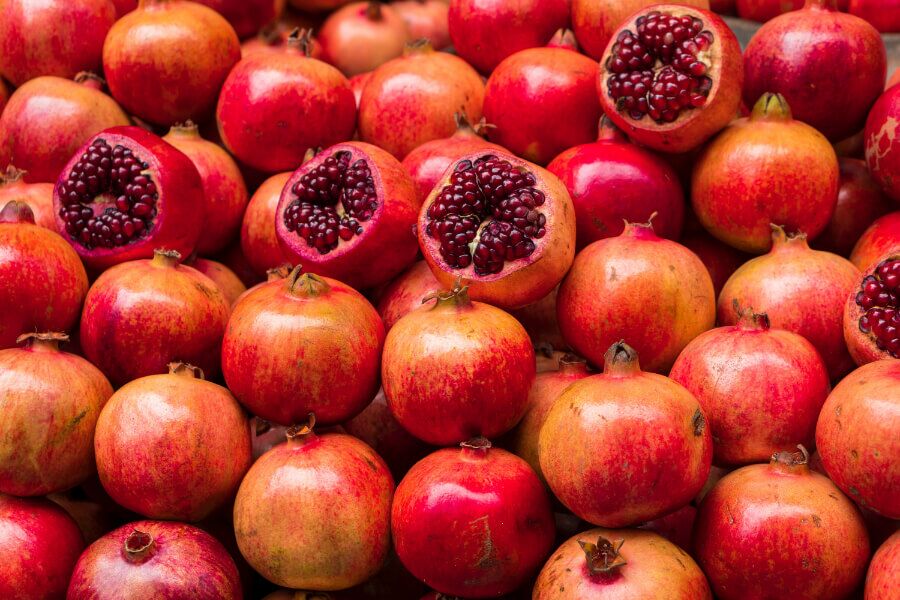
In Turkey, pomegranates are a symbol of prosperity and abundance. On New Year’s Eve, people in Turkey smash this sweet and juicy fruit in doorways in front of their homes to make way for good fortune to come in the new year — the more seeds that burst out, the more good fortune you’ll have.
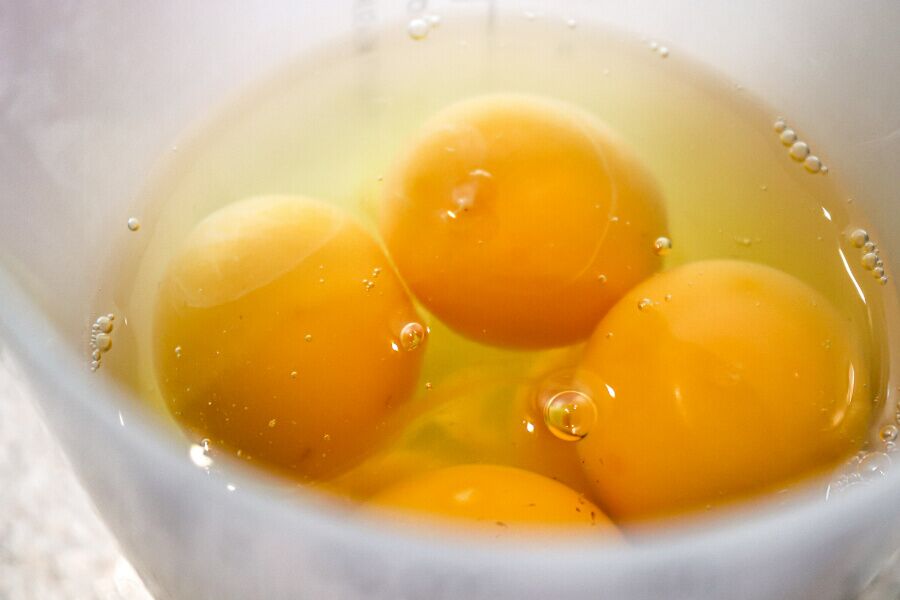
Luckily, raw eggs aren’t actually for eating. Instead, people in El Salvador crack open an egg into a glass of water one minute before midnight. In the morning, they decide what their yolk looks like — the shape will foreshadow what the coming year will bring.
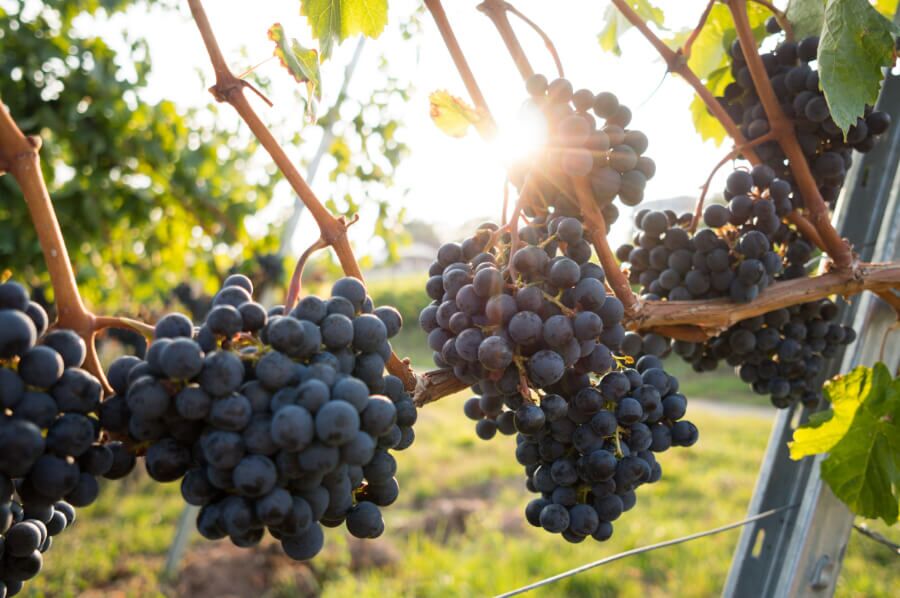
The tradition of las doce uvas de la suerte, or the 12 lucky grapes, is a classic Spanish tradition where people eat a dozen grapes, one during each chime of the clock. Each grape signifies one month of the year, and superstition has that if you fail to eat all 12 grapes then you will have bad luck in the year to come.
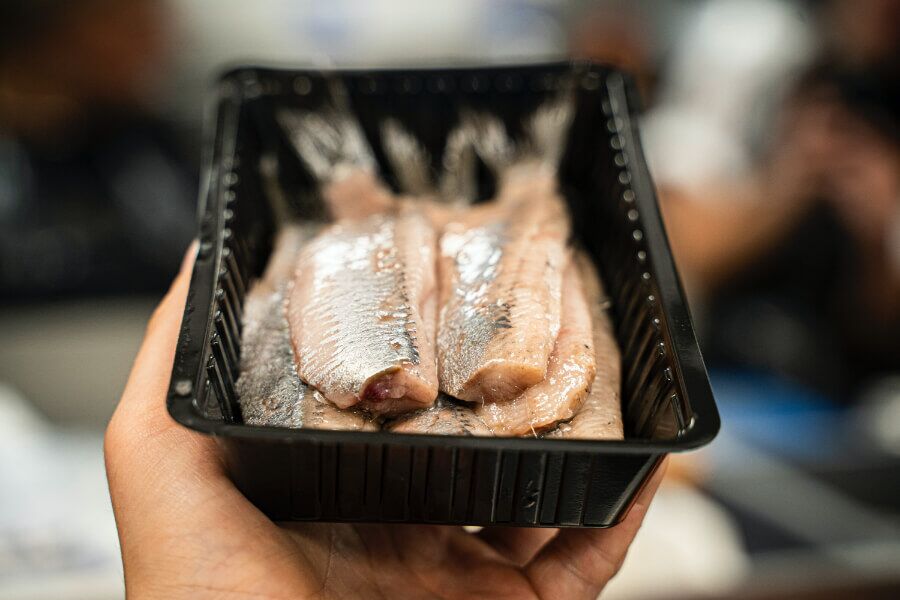
Fish symbolise fertility, long life and bounty. As herring is abundant in Scandinavia and Poland, people eat it at the stroke of midnight to bring abundance and good fortune in the coming year. It can be consumed with onions or with cream sauce. In Poland, a special New Year’s Eve tradition is to pickle whole salt herrings in water for a day, and then layer them with onions, allspice, sugar and white vinegar.
Understanding Spices
Spices have long been integral to the UK's culinary landscape, adding depth, flavours, and richness to a myriad of dishes. From the pungent aroma of cumin in Indian curries to...
Read MoreUnderstanding Spices
Confetti is an essential part of any wedding day. Not only is it a wonderful way to greet a newlywed couple, but it also provides some beautiful photo opportunities. The...
Read MoreSeasonal Ideas
It’s no secret that any handmade gift will always be more special than a store-bought one. Homemade food gifts are especially wonderful, a labour of love that shows someone you...
Read MoreHealth and Wellbeing
It’s no secret that winter’s cold and gloomy weather makes us crave indulgent dishes like fondue and baked goods like sticky toffee pudding and apple crumble. While Christmas is the...
Read More